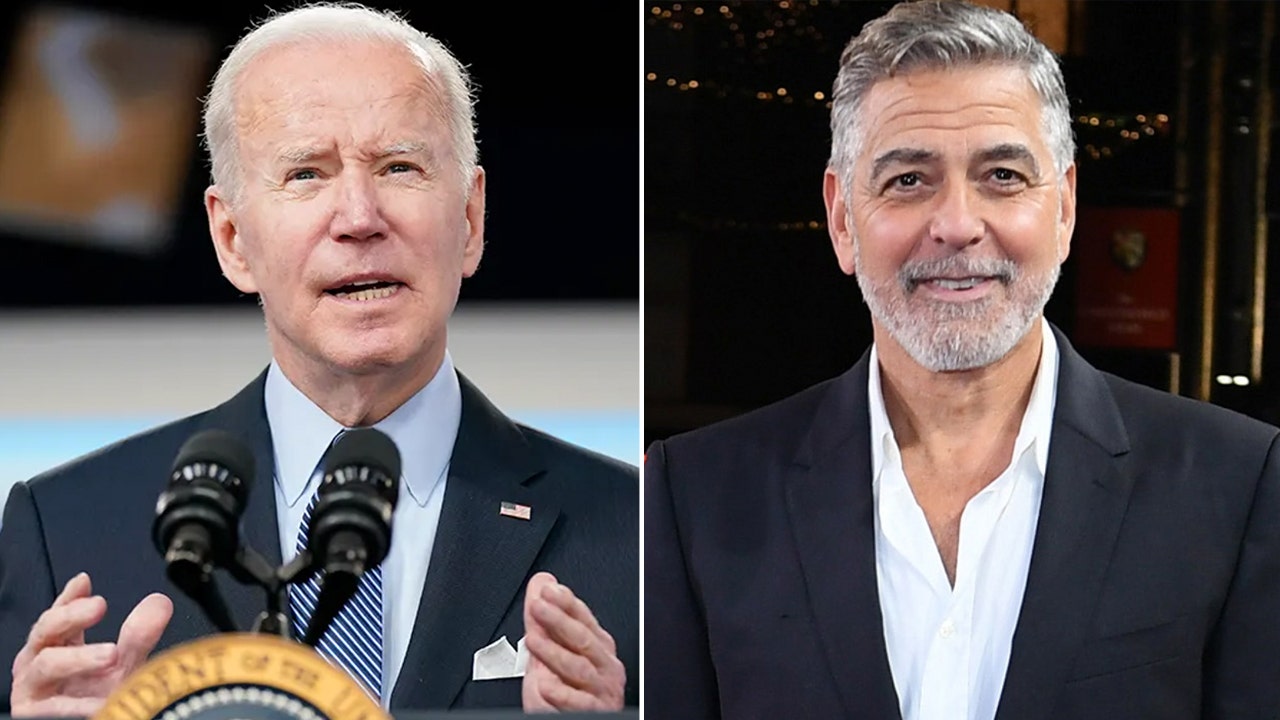- Home
- Latest News
- News
- Markets
- Premium
- Money
- Mutual Fund
- Industry
- Companies
- Technology
- Web Stories
- In Charts
- Opinion
- Videos
Copyright © HT Digital Streams Limited
All Rights Reserved.
 Opinion
Opinion
Lalit Kumar & Muskaan Gupta 4 min read 22 May 2024, 03:30 PM IST

Summary
- Donors request clarity from India’s Supreme Court connected whether this governmental backing strategy has been axed retrospectively. This is captious successful the discourse of instrumentality amendments it recovered unconstitutional that screen firm disclosure norms and governmental donation limits.
One of the compelling stories during India’s ongoing wide elections has acrophobic electoral bonds. On 15 February 2024, the Supreme Court (SC) struck down the electoral enslaved scheme for governmental donations arsenic unconstitutional.
This has meant superior ramifications for firm houses that made contributions to governmental parties based connected this strategy and the 3 statutes which were amended to facilitate it. If transactions done earlier the ruling are not preserved by the SC, it is going to origin donor companies a batch of hardship.
First, let’s look astatine what these amendments were and wherefore the strategy was held unconstitutional. A related question besides arises: Is the strike-down retrospective oregon prospective? And, if it is retrospective, what interaction volition it person connected past actions nether the strategy by corporates and governmental parties?
Also read: Supreme Court strikes down Electoral Bond Scheme: What is it? Who has the astir funding? and concerns explained
The verdict scotched the strategy arsenic it violated Article 19 of the Indian Constitution. Simultaneously, 4 amendments made successful 3 antithetic laws were besides struck down arsenic unconstitutional. These amendments pertained to exemptions fixed to governmental parties from publishing details of electoral enslaved contributions, maintaining records of the aforesaid and from disclosing the names and addresses of donors.
Another amendment had removed the precocious bounds for firm donations to governmental parties, earlier fixed astatine 7.5% of the company’s mean nett profits of the past 3 years. Perhaps the astir telling was an amendment that exempted companies from disclosing the names of governmental parties favoured by donations successful their profit-and-loss statements. Of each the strike-downs, this 1 has deed businesses the hardest.
A good settled presumption nether Article 13(2) of the Constitution is that the authorities cannot marque immoderate instrumentality which takes distant oregon abridges rights fixed by Part III of the Constitution. If immoderate instrumentality is made successful contravention of these rights, past to the grade of specified a contravention, that instrumentality volition beryllium void.
Part III deals with cardinal rights guaranteed by the Constitution. It was violations of Articles 14 and 19 connected the rights to equality and information, respectively, that led to the strategy and related amendments being struck down. Article 13(2) makes it wide that erstwhile a instrumentality is struck down arsenic being unconstitutional, it ceases to person effect.
Thus, the settled presumption is that judgements declaring immoderate instrumentality arsenic unconstitutional are retrospective. This contented was decided by the SC’s ruling successful CBI vs. R.R. Kishore. In this case, an amendment made to the Delhi Special Police Establishment Act of 1946 (DSPE) was held to beryllium unconstitutional from the precise day it was inserted successful the DSPE.
The SC held that erstwhile a instrumentality is declared to beryllium unconstitutional, past it is void since its beginning. Such a instrumentality would beryllium still-born, unenforceable and person nary ineligible effect.
In the electoral enslaved context, the captious question is this: What happens to deeds done successful the past erstwhile the statutes were inactive considered valid?
Let’s look astatine the interaction that the SC’s ruling could person connected the past actions of companies and governmental parties if it has retrospective effect. The disposable information shows that companies person already made donations exceeding the earlier headdress of 7.5%; companies with zero profits and adjacent losses person made contributions and the names of favoured governmental parties were not disclosed successful the profit-and-loss statements filed by astir of these companies. For governmental parties, it is known they hadn’t published immoderate details of electoral enslaved contributions and haven’t maintained records of the donations received.
Also read: From the ashes of electoral bonds, a caller strategy is rising
So, we person a unsocial acceptable of challenges if we reverse the actions retrospectively. How volition contributions beyond the 7.5% bounds oregon those made by loss- makers beryllium returned to contributors? How volition firms re-open oregon amend the duly audited and approved fiscal statements of past years, unless they attack the National Company Law Tribunal? This is simply a superior situation for donors.
It was to debar backtracking and incompatible reversals that the doctrine of prospective overruling was introduced successful Indian jurisprudence. Taken primitively from American jurisprudence, this doctrine was archetypal applied successful India successful the 1967 lawsuit of I.C. Golaknath vs State of Punjab. There, the tribunal held that lone the SC tin take to use this doctrine successful matters involving the Indian Constitution.
Recently, this was re-affirmed successful its ruling connected State of Manipur vs Surajkumar Okram. The SC held that it has the powerfulness to use this doctrine to prevention past transactions nether statutes which person been declared unconstitutional, oregon it tin mould the alleviation provided by exercising its powerfulness nether Article 142 of the Constitution. Conversely, if the SC chooses not to use this doctrine, past past transactions executed nether the aegis of the struck-down instrumentality volition beryllium void and null.
Unfortunately, from the connection successful the electoral enslaved ruling, it appears that the SC has applied this doctrine lone to prevention electoral bonds that person already been encashed, but not for amendments made to the 3 statutes. Although unintentional, this has created ambiguity and uncertainty, with divergent views connected the taxable being taken by antithetic stakeholders.
Given the magnitude of the issue, this needs a speedy resolution. So, however tin India Inc expect to get ineligible alleviation for past actions? For now, the lone and champion people would beryllium to attack the SC for due directions to beryllium issued truthful that past transactions are saved. This would acceptable a precedent and trim ex-post facto complications.
These are the authors’ idiosyncratic views.
Catch each the Business News, Market News, Breaking News Events and Latest News Updates connected Live Mint. Download The Mint News App to get Daily Market Updates.
more






























 English (US)
English (US)